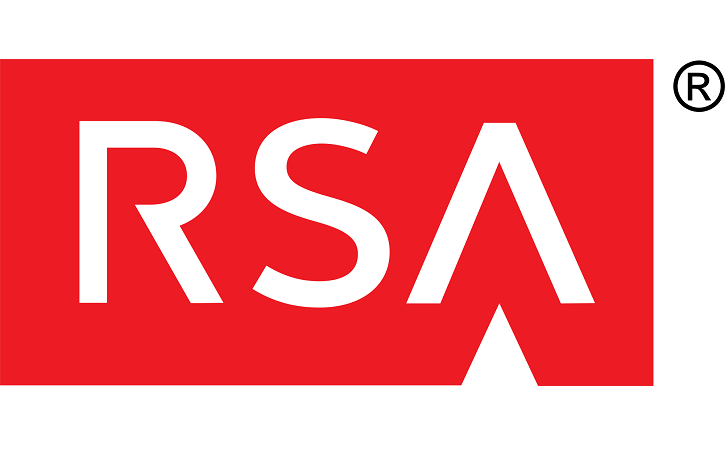?
It’s only midweek, but we’ve already witnessed an incredibly active week in the technology and especially the cyber security market: the closing of the Dell/EMC merger; HPE’s sale of its non-core software assets, including Arcsight, a leader in the SIEM space, to British firm Micro Focus, Intel’s sale of a majority ownership stake of McAfee to TPG, a private equity fund and FireEye founder Ashar Aziz’ resignation. This follows on the heels of a very active hunting year for cyber security firms, with Symantec gobbling up Blue Coat and landing itself a CEO in the process, Cisco acquiring Cloudlock, IBM acquiring Resilient Systems, and FireEye acquiring CSG Invotas and iSight Partners.
What does this all mean?
First, market consolidation has to happen. The cyber security industry ecosystem, with 1,200 to 1,500 competitors all trying to solve a piece of the problem is unsustainable, if only financially. As we emerge from the funding frenzy that took over our industry the past few years with a more rational perspective on business fundamentals: growth, profitability, scale, many companies who don’t have the financial strength to support themselves simply won’t survive—they will either be acquired, or they will go out of business as larger players look to expand their market footprint. Investors want innovation, but they also want discipline and a sustainable business model. As it turns out, perhaps founders do as well.
Second, focus matters. Our industry is not for the faint of heart. Our market is complex and dynamic, our customers’ needs evolve rapidly as the threat landscape changes and massive technology shifts create new attack vectors. These dynamics are causing many organizations to completely reevaluate their security strategies. Without leadership — a clear vision and strategy of how to help with today’s needs and priorities, competing in this market is impossible. Intel and HP learned that the hard way.
Third, there will be clear winners and losers. Some will be incumbents and some will be upstarts. We are no longer in a “rising tide lifts all boats” market. Our stakeholders, our employees, our customers and our investors are differentiating between companies with the vision, discipline and scale to succeed in a large and growing market, and those without it.
Market bubbles happen when investors let emotions take control of their financial decisions. Years of growing headlines about cyber breaches and C-suite repercussions, Snowden, Wikileaks, cyber crime, state sponsored hacks against film studios, TV shows with misanthropic hackers in obligatory hoodie, fueled that excitement for cyber security companies into a frenzy. We are coming out of this bubble—whether it will be a graceful, slow motion pop or a violent burst remains to be seen.
At RSA, we’re excited about our position in the market. With our scale (30,000 customers, including over 90% of the Fortune 100), our global footprint, our 1,000 technology partners, our history of innovation (commercial cryptography, two factor authentication, network forensics) and our current portfolio of products and services (the RSA NetWitness Suite, RSA SecurID Suite, RSA Archer Suite, and the RSA Fraud & Risk Intelligence Suite) we deliver the key capabilities to operationalize the business-driven security strategy that organizations need today. As we celebrate becoming part of Dell Technologies, the incredible footprint of our combined companies— 180,000 employees across 180 countries serving 98% of the Fortune 500— will only accelerate our ability to bring these capabilities to market.
Source : http://blogs.rsa.com/cyber-security-is-not-for-the-faint-of-heart/



























